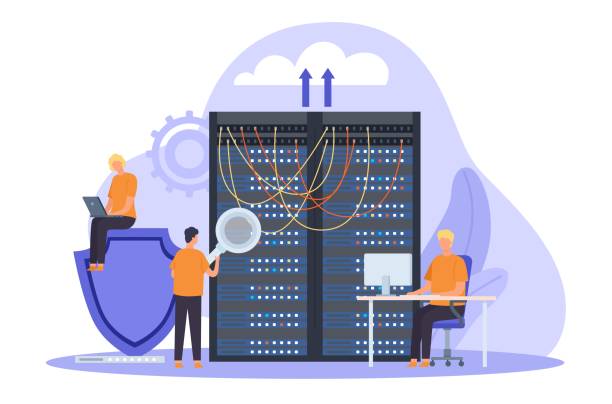Introduction
If you’re a developer, you’ve probably heard of Node.js. The open source JavaScript runtime environment is a powerful tool for building server-side software. It provides an event-based architecture and non-blocking I/O requests, which makes it easy to build scalable applications with low latency websites. In this guide, we’ll explore why you should use Node and how it can help your business grow.
Because It’s JavaScript
JavaScript is one of the most popular programming languages in use today. It’s also easy to learn, relatively simple to debug, and easy to use with other languages and frameworks.
That’s why you should use Node.js!
Because It’s Designed to Build Large Server-Side Codebases
Node.js was designed to be used in large server-side applications, and it’s a perfect fit for this use case. Node.js is designed to scale, meaning that you can run multiple instances of your application on the same machine without running into memory issues or performance problems. It’s also designed to be fast and easy to use, which greatly reduces the amount of time it takes to write your codebase and get it up and running.
Node may not be a good choice if you’re looking for something more lightweight or want something that is able to run in multiple environments (such as client-side). If so, check out some other options like Python or Ruby!
Because of Its Event-Based Architecture
Node.js is an event-driven architecture, which means that it works in a very specific way.
Events are basically triggers that cause something to happen (like a signal). So when you have an event-driven system, everything happens asynchronously and independently of each other. It’s not like traditional thread programming where you have a single process running on a single processor with multiple threads, where each thread runs independently within the same process and context of one another. In Node.js, there are no threads; there are only events and callbacks.
Because of Its Great Support for Non-Blocking I/O Requests
One reason to use Node.js is its great support for non-blocking I/O requests. Non-blocking I/O is a way to handle requests asynchronously, meaning that the server can handle multiple requests at once and your app will be able to respond quickly to new commands. You’ll also see an improvement in performance because you won’t have so many blocking calls happening on one thread.
Because It Supports Caching
Caching is a performance optimization technique that stores frequently accessed data or information in memory or on disk. This allows the system to retrieve the cached data much more quickly than it would if it had to be retrieved from its original source.
Caching can be done at any level within an application:
- Application caching is when you store data in memory for faster retrieval.
- Database caching allows you to store frequently accessed queries and their results in memory, which again makes it faster for those queries to be run later on by your application.
- DNS (Domain Name System) servers are often used as a network-level cache: clients send requests for domain names to their local DNS server; if nothing has changed since the last request, then there’s no need for another lookup—it can simply respond with its existing answer; otherwise, if something has changed (e.g., an IP address), then it will forward that request onto another server that knows where those records live (or else return an error).
Browser caches work similarly: websites are downloaded into your browser’s local storage area when they’re first visited; this saves some bandwidth usage but also means that subsequent visits won’t need to download files again—they’ll just pull them out of this cache instead (which saves even more bandwidth!).
Because It’s Quick and Easy to Learn
Node.js is a powerful tool, and you can get started with it quickly.
If you’re new to the world of programming, learning node will be much easier than some other languages. This is because it uses JavaScript, which is one of the most popular programming languages out there. It also helps that node itself was created by JavaScript developers for JavaScript developers, so everything about it has been designed for ease-of-use.
If you want to know how long it takes to become proficient in node development: anywhere from one week (for beginners) up through a few months or more (for experienced developers). You needn’t worry about any unnecessary complexity or difficulty when learning how to use this platform!
Node.js is a powerful tool for building server-side software.
Node.js is a powerful tool for building server-side software. It is used by many large companies, including PayPal, Netflix and Walmart.
- Learning Node is easy. The official website makes it clear what you need to learn (JavaScript) and how to get started with Node.
- Using Node is just as easy as learning it! It’s lightweight and fast—so you’ll be able to build your project quickly without having to worry about performance issues like with other languages like Python 3 or Ruby on Rails (RoR).
- Scaling projects built with Node has never been easier! This was one of the main reasons why PayPal chose this technology for their web frontend services: “With its event-driven architecture, JavaScript frameworks like AngularJS can handle thousands of concurrent connections without blocking each other.”
Conclusion
If you’re looking for a simple solution to your server-side needs, Node.js is definitely worth considering. It’s easy to get started with, has great support for non-blocking I/O requests, and supports caching out of the box. Plus, it was built on top of JavaScript—which means that anyone who knows the language can quickly get up to speed with this framework as well!





